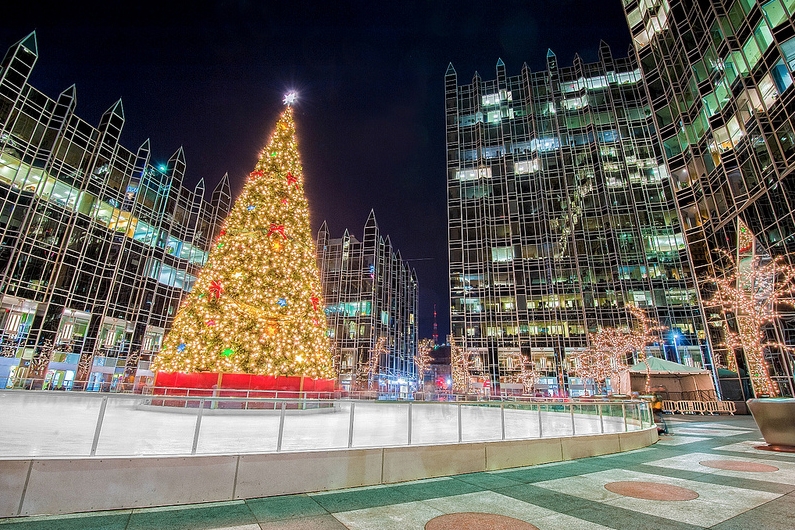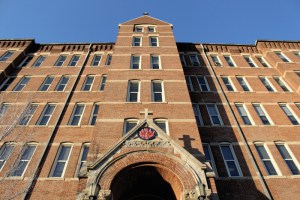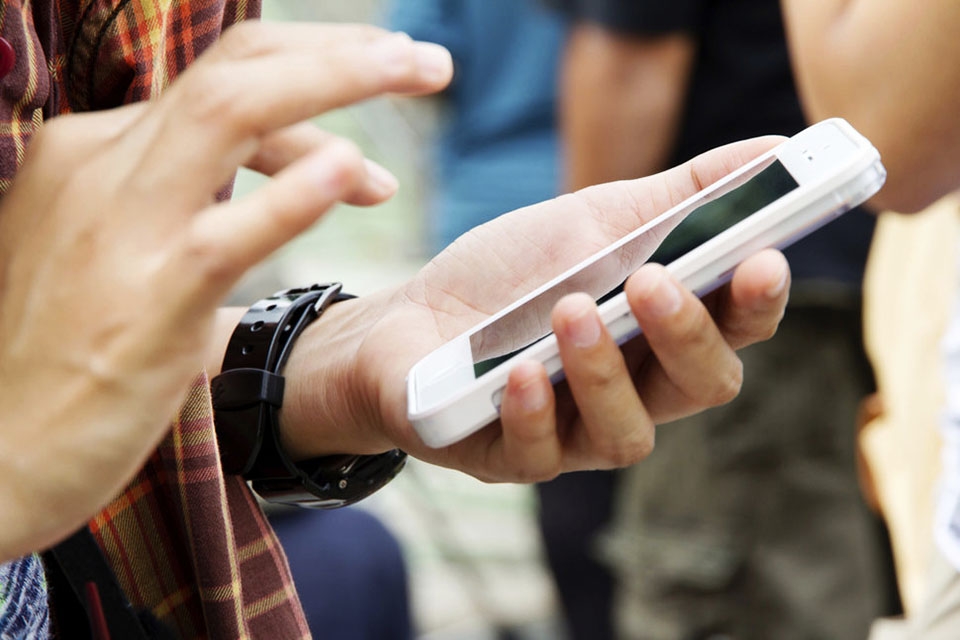04/11/2019
By Timothy Rush | Staff Columnist
April 4, 2019, is a day that will live on as a milestone in the hearts of the LGBTQ+ members of the the Latter-Day Saints (LDS) Church. On that day, the church made an announcement reversing their policies regarding their positions on homosexuals in the church.
Originally made in 2015, the policies labeled those with same-sex relations as apostates of the church, meaning that they were no longer accepted members. It also prohibited children of same-sex couples from being baptized and blessed by the church. This position resulted in many LGBTQ+ congregation members and their supporters being betrayed and ashamed which led many to leave. This was an act that effectively removed a whole class of people and also punished their children for the acts of their parents.
On April 4, we saw a reversal of these policies. LDS members with same-sex relations are no longer labeled as apostates, and the Church has completely reversed its policies on the children of same-sex couples, citing continuing revelation. This doesn’t mean that the LDS Church is now an affirming church, as homosexual behavior is still condemned, and same-sex marriage is still seen as a transgression within it.
While I do consider this a victory in the name of equality, I do not want to focus on just the LDS Church and how they haven’t gone far enough. This is a problem with the entire Christian landscape, one that transcends denominations, and is one that I, as a Christian, am very concerned about.
I identify as a Quaker who aligns with the liberal tradition of the movement. I am quite proud of the fact that we have been accepting of the LGBTQ+ community. In 2004, the Friends General Conference, one of three U.S. Quaker associations, issued a statement that our religious community was enriched by the presence of the LGBTQ+ community in our meetings and conferences. Not only that, but we have a history of fighting against discrimination in the U.S., with the Friends Committee on National Legislation (FCNL) actively opposing the Federal Marriage Amendment in 2004.
However, the beliefs and experiences of the Quakers are far from representative of the religious landscape of the U.S.. The Christian community across the U.S. has a long history of being the most outspoken opponents of equal rights for the LGBTQ+ community. What troubles me is not so much that there are groups that are rampantly prejudiced but how much self-awareness there is about being bigoted and how much they’re trying cover it up.
I brought up the LDS Church because it has long tried to cover up its rampant discriminatory policies by saying it wasn’t a matter of identity, it was a matter of the action. Gay LDS members are accepted if they reject their identity and force themselves into either chastity or heterosexual relationships, which we know isn’t healthy for any individual. And while you can now be a member of the LDS Church and still have same-sex relations, it’s still clear that your actions aren’t going to be accepted by the church.
The Catholic Church has a very similar school of thought. You can be Catholic and have same-sex attraction, but you must reject it all and be chaste. While Pope Francis and some church leaders talk about being more open to the LGBTQ+ community, the Catechism and church policy speak a little louder. Both of which say that one cannot have same-sex relations and that they must reject their identity to still be in good standing with the church.
In Protestant denominations, we still find the same exact homophobia. Among the evangelical traditions are where some of the most rampant homophobic movements come from. Notorious “Ex-Gay” organizations typically have strong ties to fundamentalist churches and denominations. And among all these groups comes this very key phrase “hate the sin, love the sinner.” And here’s the problem with that phrase: it’s a distinction with no difference. It basically translates to “don’t hate the person, just hate what the person is.” Which still serves to justify the same exact homophobia that permeates across the churches.
The United Methodist Church (UMC) itself stands out as an example among the Protestant churches. After their recent conference that looks to split the church, we saw a massive double down on the policies of banning same-sex marriage and barring gay clergy. Despite this, individual churches came out reaffirming there is a place for the LGBTQ+ community in the church. Until that means that LGBTQ+ members of the UMC enjoy equality, the Methodist Church is itself still endorsing prejudice and not a place for the LGBTQ+ community.
And do note that this isn’t an attack on Christianity, but rather the homophobic practices of all these churches. The Catholic Church’s policies are homophobic, the LDS Church’s policies are still homophobic, despite their recent milestone, and so on. There are many churches and denominations that have actively taken a stand against homophobia, some even going further to stand against transphobia. But the select few don’t excuse the actions of those very large and influential groups that still actively endorse homophobia and prejudice.
Christian churches must make a stronger move towards equal treatment of all people, not make arbitrary distinctions to justify their prejudicial policies. And while we must certainly praise steps toward equality we must also understand that many of these churches have a long way to go. Christians must stand together against prejudice, and we must understand that it’s not just about our individual denominations, but also how we stand as a universal Christian community. And until our community is actively fighting for an open and equal space for all, there is a lot of work to be done.




